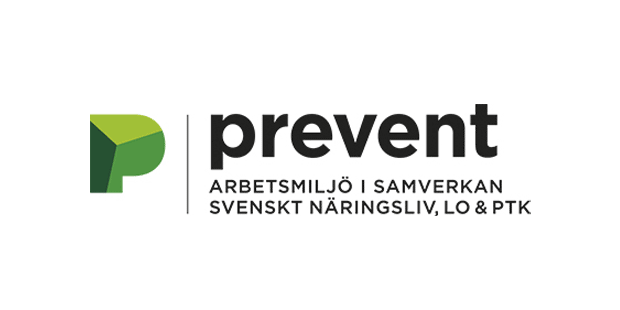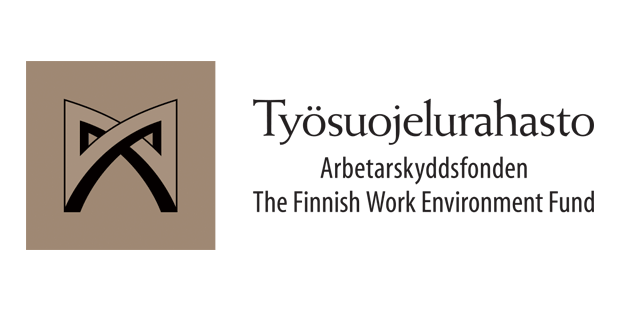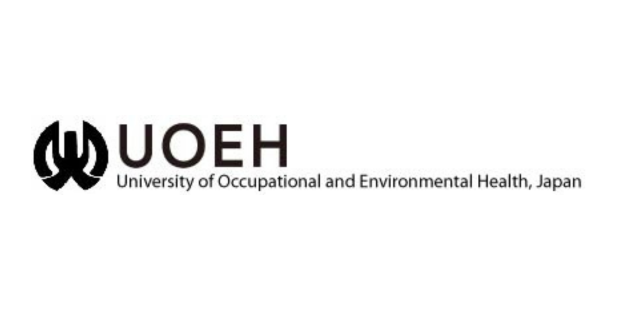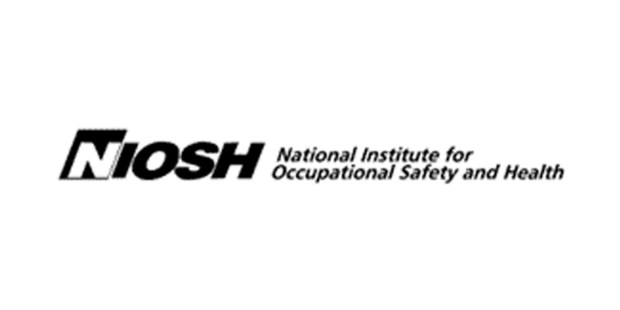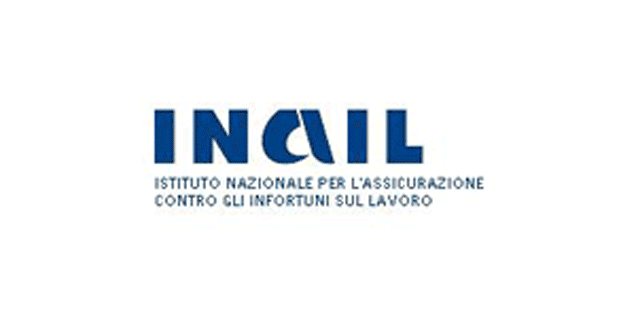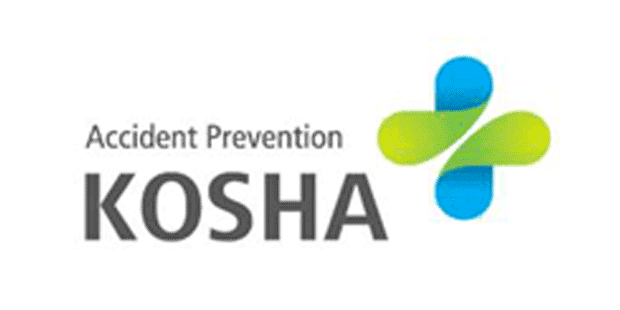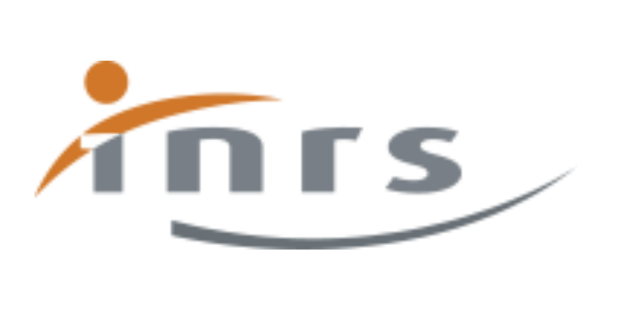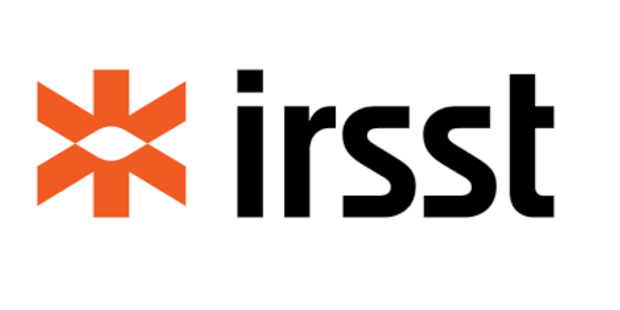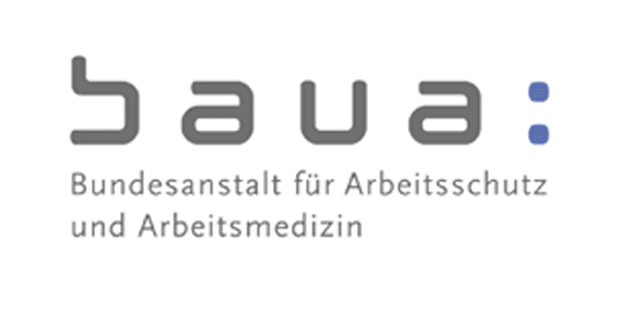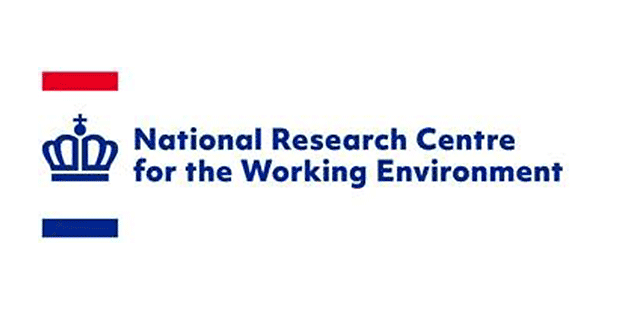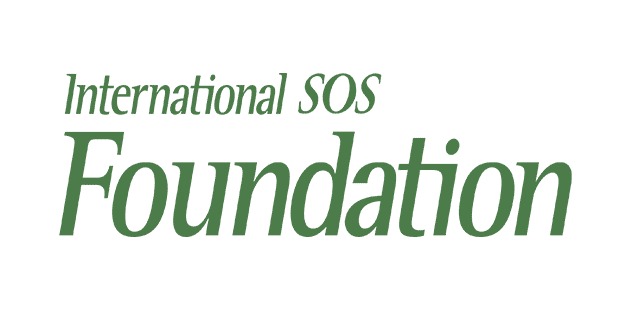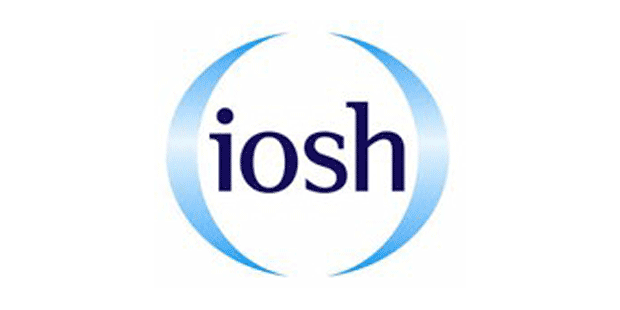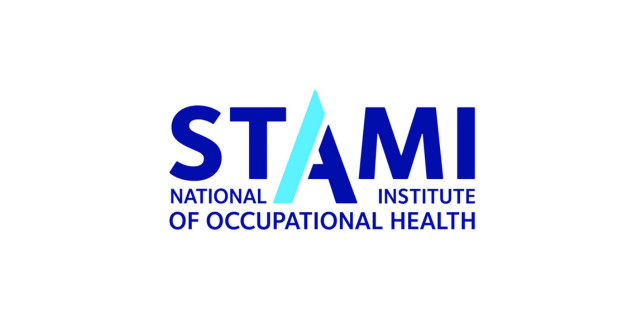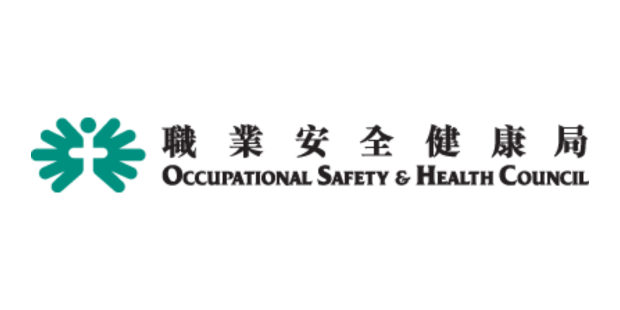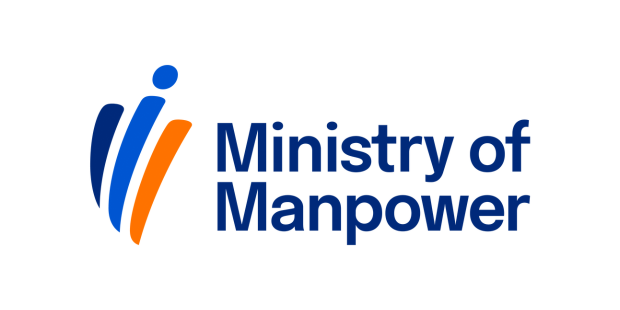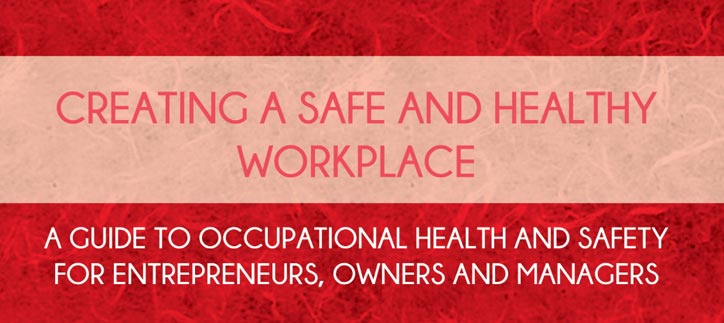Peter Westerholm's report
Participation in COLASAO Congress in Puerta Vallarta, Mexico 14th-15th September 2001.
This is a short report on my recent participation in the COLASAO Congress, as I was assigned by the congress organizers to present the ICOH International Code of Ethics for Occupational Health Professionals. COLASAO is an acronym for the congress event referred to officially as Congreso Latinoamericano de Salud Ocupacional. It was organized in Puerta Vallarta, Mexico on 14th and 15th of September jointly by the Asociacion Latinamericana de Salud Ocupacional and the EU Commission (with authorized representation through Dr Maurizio Manno, Padua, Italy). This high-profile event had attracted roughly 140 participants, nearly all of them coming from countries of the South and Central Americas.
The congress language was Spanish with one notable exception – the seminar organized to address ethical issues of occupational health pertinent to biological monitoring of workers in Latin America and the European Union. The language of this seminar was English.
In this seminar on ethics the spotlight was set on the main critical issues involved in the significance, methodology and interpretation of what is to be seen as state-of-art practise in biological monitoring of humans exposed to workplace health hazards. The seminar had from the outset been initiated by Dr Maurizio Manno, and the concept had then been worked out by Dr Manno together with Dr Karel van Damme (Belgium). Undersigned Peter Westerholm was then contacted to present the ICOH Code of Ethics having been member of the ICOH working group for updating the Code (Dr George Coppée, ILO, ICOH ex-President Professor Jean-Francois Caillard, France and Peter Westerholm, Sweden).
The seminar was chaired by Dr A.Albores (Argentina) and by Dr Manno. Presentations were given by Dr Manno, ICOH Vice President Dr Ruddy Facci (Brazil), Dr Karel van Damme (Belgium) and Dr Peter Westerholm (Sweden). My task was to introduce and explain the ICOH International Code of Ethics.
The seminar went down very well and there was a lively discussion of the issues raised both during the course of the seminar and after its formal closure in the evening. One slight technical complication was that the simultaneous translation English-Spanish could not be arranged as envisaged. It was compensated for with a consecutive translation with the practical implication of cutting down by half all presentations and interventions given in English. I wish to add, though, that this in no way caused any inhibitions in the exchanges during the open discussion of the seminar. The spirit was really most delightful and we all left the seminar hall in the feeling of having done a reasonable job.
Adoption by COLASAO of ICOH International Code of Ethics
The seminar had as one immediate and rewarding effect the unanimous decision by the COLASAO Congress in a plenary meeting on the following day to adopt the ICOH International Code of Ethics for Occupational Health Professionals. See attached statement of intent signed by COLASAO Executive Officers Dr Jorge Morales Camino and Dr Oscar Manduca, Dr Ruddy Facci Vice-President of ICOH and Dr Maurizio Manno as Ehics Conference Coordinator.
This declaration, to be presented to the congress in plenary was drafted by Drs M. Manno.K. van Damme, P.Westerholm, R. Facci and Dr A. Albores, in consultation with the Dr J. Morales and other executive officers of the organizations involved in the COLASAO event.
The implications of this most gratifying decision by the congress was judged to have considerable scope in the region. It also adds significantly to the prestige of the ICOH organization in the whole Latin- and South American region and, in addition, in the Hispanic language spheres of the world. The importance of this move is not to be underestimated.
Spanish edition of ICOH Code
Dr Manno had managed, in preparations of the COLASAO, to have the ICOH Code of Ethics translated into Spanish. This Spanish version (which looks quite official bearing the logos of the European Union and the ICOH , respectively) was introduced and made available freely as a hand-out document.
Having a Spanish Code text readily at hand was probably an effective supportive factor for the congress to adopt the code with such a determined statement of intent.
The bottom line of this is , however, that we now have two Spanish translations of the Code of Ethics. Their respective translations have been carried out independently, meaning that they may not be fully identical.
We also have an updating of the code under way (ref. ICOH Working Group J-FC, GC and PW) with a draft text to be discussed and decided on by the ICOH Board.
This should not , in my view, be seen as a problem. It is a major step forward to have a Spanish version available in the first place. It is also certainly in the best interests of ICOH to have an updated draft version of the code within reach for a conclusive decision and, in addition, a long-ranging policy on issues dealt with in the code.
Peter Westerholm MD
Professor em.
National Institute for Working Life
S - 112 79 Sweden


